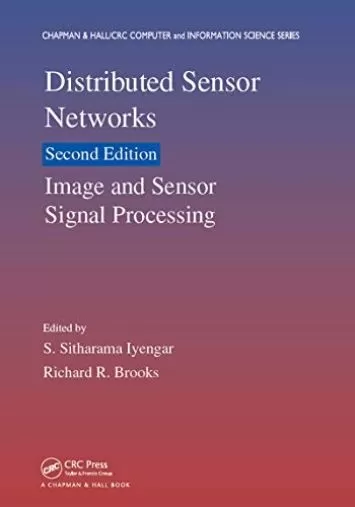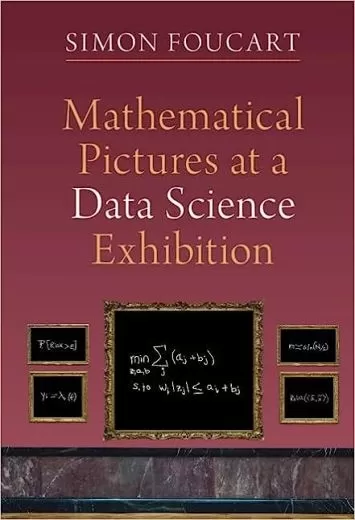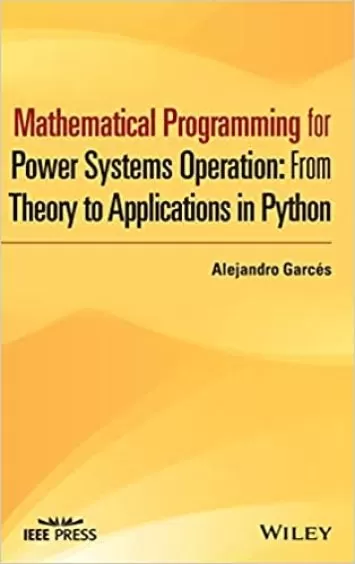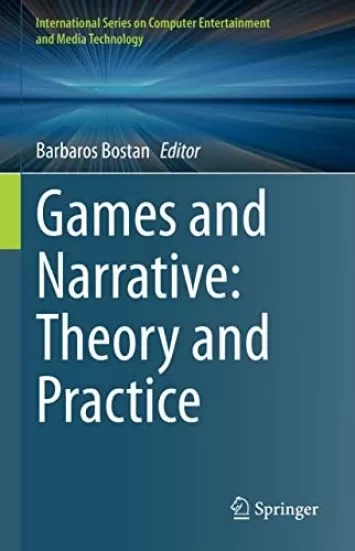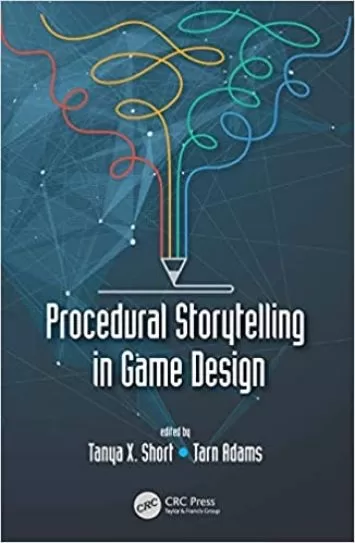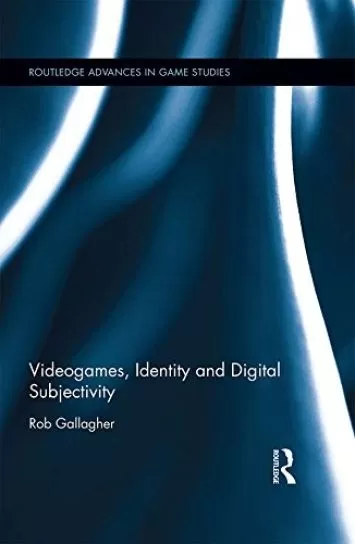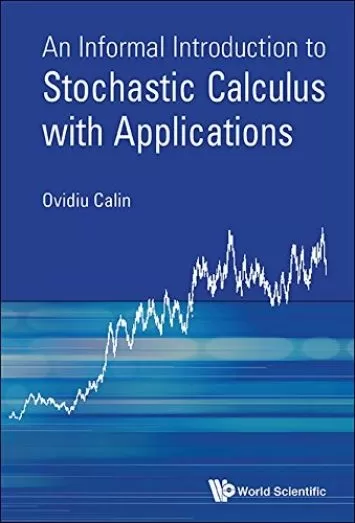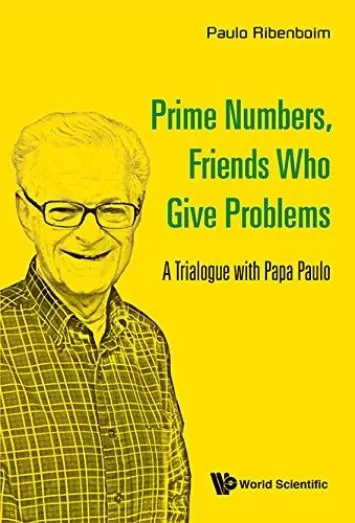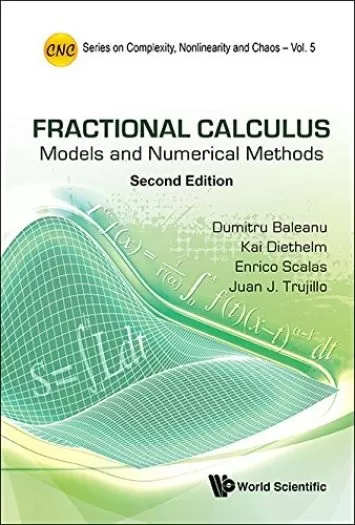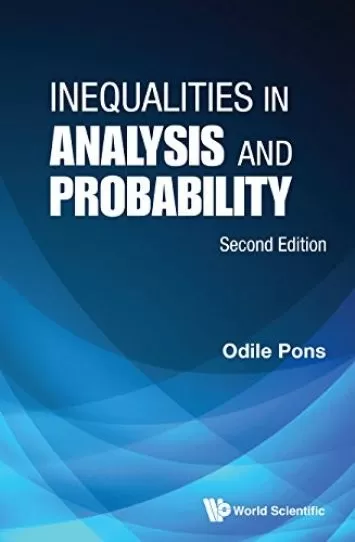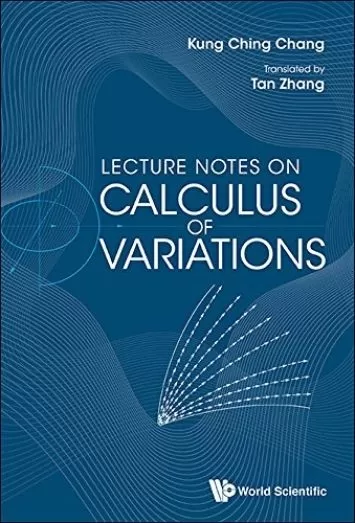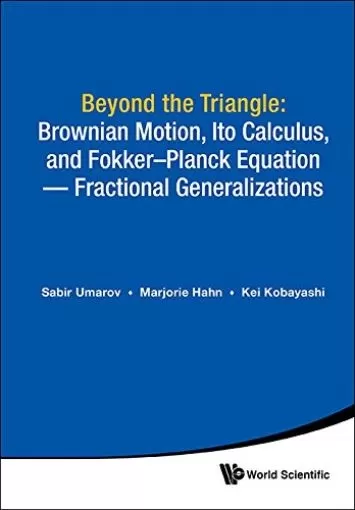"Adam Brandenburger's work on the knowledge requirements implicit in game theory has become classic. These are of profound importance in understanding the relevance of game theory and, indeed, economic theory in general to the real economy. It is very good to have them collected, with an introduction that brings out the underlying themes." -- Kenneth J Arrow"Over the past decade epistemic game theory has emerged as one of the principled alternatives to more traditional approaches to economic interactions and Adam Brandenburger has played a central role in that emergence. For anyone interested in epistemic game theory, or game theory in general, this book is a must have. But even more important is the opportunity this volume, and epistemic game theory in general, presents to empirical scientists. As Brandenburger notes in his Introduction, until now epistemic game theory has been a theoretical discipline. This volume should make it clear, however, that it could be — and likely soon will be — an empirical undertaking. Anyone interested in behavioral, psychological, or neurobiological studies of how we make decisions during strategic play will find in this volume a profoundly fascinating set of empirically testable hypotheses just waiting to be examined." -- Paul Glimcher, New York University, USA
"Three hundred years ago, Francis Waldegrave found the first minimax solution of a matrix game. But in his correspondence with mathematicians Pierre Rémond de Montmort and Nicolaus Bernoulli, Waldegrave counseled that epistemic considerations involving knowledge, beliefs, uncertainty, and incomplete information also mattered. The principal practitioners of game theory, with the notable exceptions of John Harsanyi and Robert Aumann, have ignored this advice. In recent years, these two theorists have been joined by Adam Brandenburger, whose work on epistemic game theory has been collected in this splendid volume. Eight classic papers by Brandenburger with a number of co-authors present an authoritative view of the field while an insightful introduction provides a roadmap to research both present and future." -- Harold W Kuhn, Princeton University, USA
"This book features a collection of foundational papers by Adam Brandenburger in epistemic game theory. Though still evolving, this approach marks a tectonic shift in game theory by offering a new, epistemic dimension which might be compared to the introduction of synchronized sound to motion pictures in the early 20th century: it might not immediately provide a complete picture, but it has the potential of changing the field forever." -- Sergei N Artemov, The Graduate Center of the City University of New York, USA
"Adam Brandenburger has played a leading role in developing the program of epistemic game theory, the goal of which is to provide a deeper and clearer foundation for game theory as a whole. This volume collects a remarkable body of work by Brandenburger and his collaborators, in which penetrating conceptual analysis and the development of a rich mathematical theory go hand in hand. The work offers much of great interest to computer scientists, who will see many connections with their study of recursive and corecursive structures, of processes and their logics, and of multi-agent systems; and to mathematicians and logicians interested in making precise models of the reflexive structures inherent in systems containing rational agents who can reason about the system of which they form a part. I hope that this timely collection will help to stimulate cross-disciplinary work on these fundamental topics." -- Samson Abramsky, Oxford University, UK
"Games are playgrounds where players meet and interact, guided by streams of information and opinion. Adam Brandenburger's work has been instrumental in creating a new rich epistemic framework doing justice to both games and their players. This timely book will help a broader audience learn and appreciate the resulting theory." -- Johan van Benthem University of Amsterdam, The Netherlands and Stanford University, USA
"Economics, so grounded in the notion of equilibrium, has required substantial foundational work on reasoning about reasoning — epistemics — in interacting situations (games). Yet, if plain reasoning is difficult enough, just imagine epistemics. Adam Brandenburger, as is evident from the elegant and clear chapters of this book, is a master of the trade. His highly regarded research, always subtle and deep, is of the kind that establishes milestones while at the same time opening up vistas to new, and unexpected, frontiers. This book is specialized, certainly, but it is a must." -- Andreu Mas-Colell, Universitat Pompeu Fabra, Spain
--This text refers to the paperback
edition. From the Inside Flap
This volume contains eight papers written by Adam Brandenburger and his co-authors over a period of 25 years. These papers are part of a program to reconstruct game theory in order to make what players believe about a game a central feature of the theory. The program now called epistemic game theory extends the classical definition of a game model to include not only the game matrix or game tree, but also what each player believes about how the game will be played, and even higher-order beliefs. With this richer mathematical framework, it becomes possible to determine what different configurations of beliefs among the players imply for how a game is played. Epistemic game theory includes traditional equilibrium-based theory as a special case, but allows for a wide range of non-equilibrium behavior. --This text refers to the paperback edition.
From the Back Cover
This volume contains eight papers written by Adam Brandenburger and his co-authors over a period of 25 years. These papers are part of a program to reconstruct game theory in order to make what players believe about a game a central feature of the theory. The program now called epistemic game theory extends the classical definition of a game model to include not only the game matrix or game tree, but also what each player believes about how the game will be played, and even higher-order beliefs. With this richer mathematical framework, it becomes possible to determine what different configurations of beliefs among the players imply for how a game is played. Epistemic game theory includes traditional equilibrium-based theory as a special case, but allows for a wide range of non-equilibrium behavior. --This text refers to the hardcover edition. 










